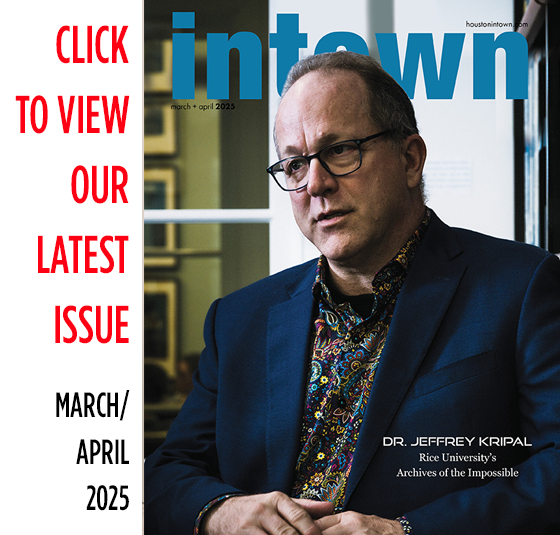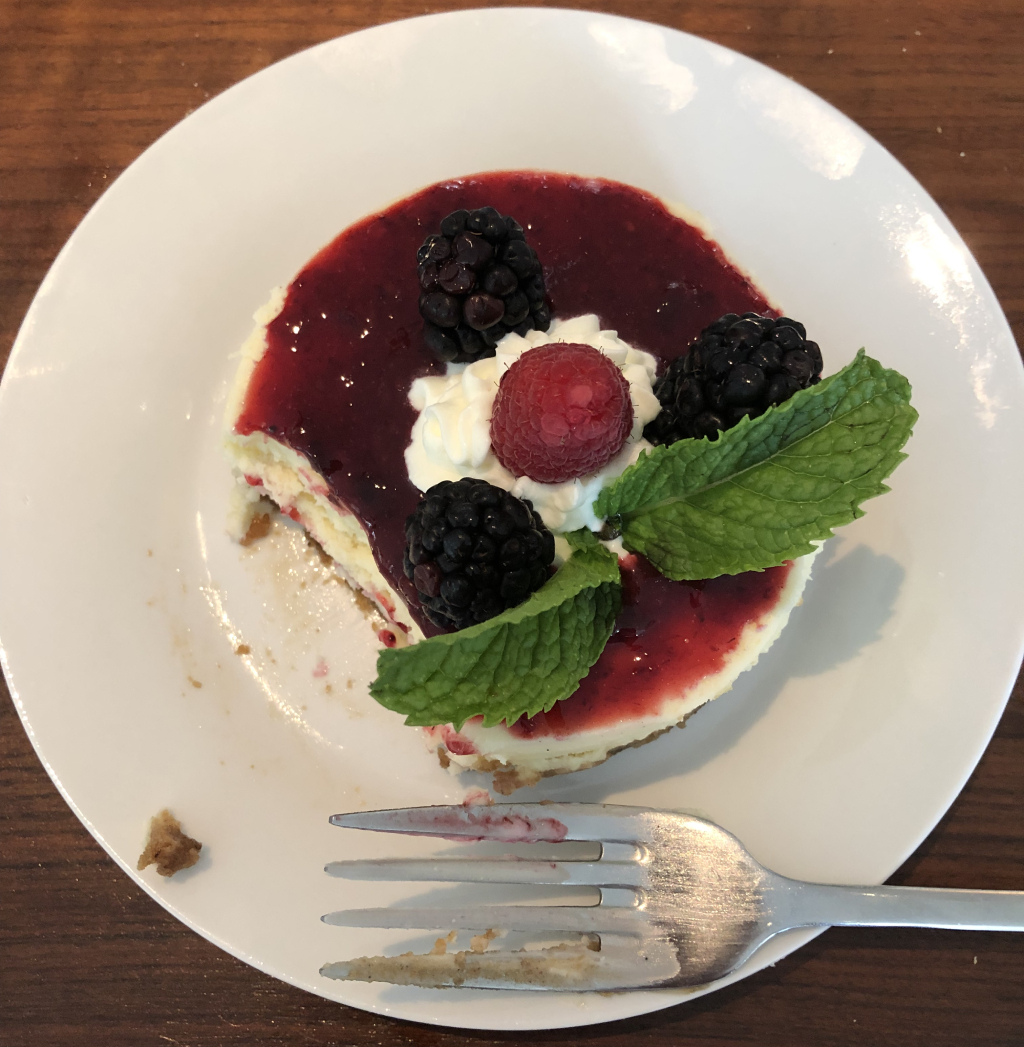Steps To Help Connect With Vaccine Hesitancy

How can you best encourage your friend, family member, or coworker to get vaccinated against COVID19 when they’re still reluctant? No matter how many facts you cite, your friend or relative seems unconvinced, and even tunes you out as you continue to make your pitch. Given the stakes involved, you don’t want to give up. What can you do?
University of Pennsylvania tenured professor and Harvard MD, Dr. Edward Brodkin [www.linkedin.com/in/edward-s-ted-brodkin-85620142] and clinical researcher and therapist Ashley Pallathra [www.linkedin.com/in/ashleypallathra], are leading experts on human connection and author’s of the best-selling book, Missing Each Other: How to Cultivate Meaningful Connections, based on cutting-edge neuroscience research and years of clinical work.
“Some people don’t need much convincing — they were the ones who couldn’t wait to get vaccinated, based on the scientific, medical, and public health recommendations,” explains Dr. Brodkin. “But for those who are ambivalent, the power of connection can make all the difference.”
They reveal a number of steps to connect with a loved one or colleague hesitant to get vaccinated and keep an open dialogue including:
- Adopt a stance of non-judgmental listening – when you’re willing to listen to the other person, you may be surprised to find how much more likely they are to listen to you
- Ask the person’s permission to share with them some information that you’ve learned about vaccination – If they give permission, then you can start to dive into some of the science and the facts, now with an audience that’s likely to be more receptive
- Elicit from the other person their own thoughts on this – find out what some of their own motivations for vaccination and preventing illness might be. Ask these things in an exploratory, open-ended way – Building their motivation will work better if the ideas come from them, not you because they know best what is important to them. For some people it might be a desire to travel more, or to protect a loved one — you can’t know for sure until you ask them.
- Be patient – realize that the other person may not change their mind in one brief conversation, especially if they are very reluctant or worried about vaccination – by maintaining a stance of openness, respect, and a willingness to listen, understand, and share information with their permission, you foster the growth of connection and trust, and they may well be up for revisiting it with you
- Use the power of attunement – rather than getting caught up in a whirl of stress and anger about the other person’s vaccine hesitancy, you try to maintain your own stance of relaxed awareness. You listen to their thoughts and feelings, with an effort to understand. And you meet them where they are, by taking an interest in their own thoughts and their own motivations, instead of immediately imposing your own.
About Dr. Edward Brodkin:
Dr. Brodkin is an Associate Professor of Psychiatry with tenure at the Perelman School of Medicine at the University of Pennsylvania. He is the Founder and Director of the Adult Autism Spectrum Program at Penn Medicine. He received his A.B. Magna Cum Laude from Harvard College and his M.D. from Harvard Medical School. He did his residency in psychiatry and a fellowship in neuroscience research at the Yale University School of Medicine, as well as a fellowship in genetics research at Princeton University. His research lab and clinical program at the University of Pennsylvania focus on social neuroscience and the autism spectrum in adults.
About Ashley Pallathra:
Ashley Pallathra is a clinical researcher and therapist and is currently pursuing her Ph.D. in Clinical Psychology at The Catholic University of America in Washington, D.C. She is the author of numerous published research articles and a book chapter in the fields of autism research, social neuroscience, and social-emotional functioning in youth. Her current research and clinical work center around strengthening social competence and building resilience in families from diverse community settings.























